Ítala Nandi
출생 : 1942-06-04, Caxias do Sul, Rio Grande do Sul, Brazil
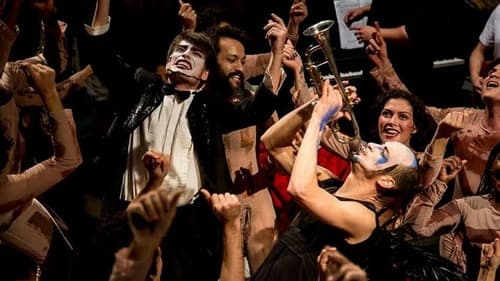
Self
In six decades, Teatro Oficina has done more than revolutionize theatrical language in the country: the aesthetic influence of José Celso Martinez Corrêa's company extends from Tropicalism to the renewal of Brazilian audiovisual languages from the 1960s onwards. The film revisits a story that it involves personalities such as Caetano Veloso, Glauber Rocha, Lina Bo Bardi, Chico Buarque and Zé do Caixão, brings together scenic art, ecology, architecture and sexuality, and mixes art and life in the search for a Brazilian based language.
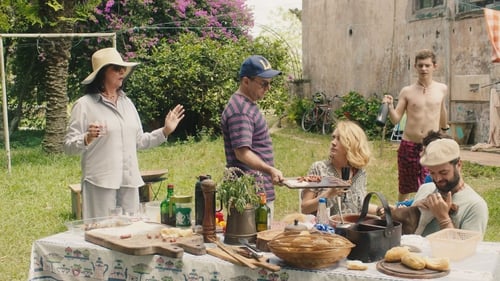
Laura
전 국민이 대통령 룰라의 역사적 취임식을 축하하던 2003년 1월 1일. 할머니의 시골 저택에 모인 두 중산층 가족이 그 비밀스럽고 엉뚱한 얼굴들을 드러내기 시작한다.
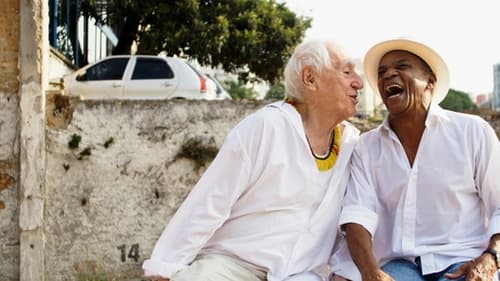
Self
This documentary investigates the aesthetic, political and existential trajectory of emblematic Black Brazilian actor Antônio Pitanga. He career spans over five decades, and he has worked with iconic Brazilian filmmakers Glauber Rocha, Cacá Diegues and Walter Lima Jr. He was a prominent figurehead and outspoken activist during the Brazilian dictatorship, a period of unrest in Brazilian cinema. Pitanga deep dives into the world of Antônio and the history of Brazil. The documentary was directed by his daughter Camila Pitanga, one of widely recognised faces in Brazilian television and cinema right now. The film is also a poem, and a tender ode to fatherhood.

Zuleica

"(...) the influence that carnival has on the daily life of the hill, following the manufacture of the carnivals of 1981 and 1982, interviewing several residents who tell the story of more than half a century of the favela's existence and emphasizing its community importance and cultural, to the sound of the most beautiful sambas composed on Mangueira. " (FGR / 11)

Isabel
Biography of a Brazilian dancer who lived on an island and practiced nudism when it was forbidden by law.

Oswald de Andrade
Fantasy comedy about Brazilian writer Oswald de Andrade, one of the most important icons of Modernism in Brazil. In the film, Oswald is played by two actors: Ítala Nandi, as his feminine anima, and Flávio Galvão, as the masculine half.

Heloisa de Lesbos
Filming of the historical montage of Oswald de Andrade's play, where decadent millionaires, depraved children, corrupt and implacable capitalists are the characters interpreted by the Grupo Oficina, in a celebrated theatrical performance from 1967, fundamentally recorded in 1971 and released only in the 1980s.

Mira
In the 20's, in the State of Piauí, Brazil, a young cowboy is used politically after killing his wife, who had been seduced by her boss and his son.

Nádia
Two contrasting social groups get in touch: three architects and three street urchins, all struggling for survival.

This adaptation of a classic Brazilian novel focuses on the relations of charismatic characters within a tenement.
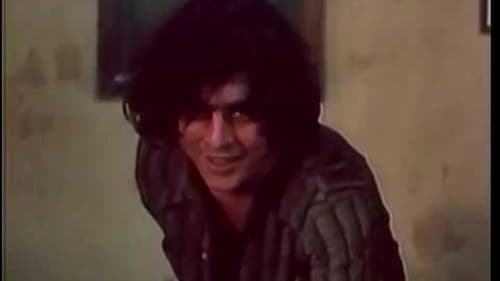
Young robber, son of a prostitute who had killed herself, gets involved with two police informers, who force him to share the loot he gets.

Brigitte, Maria do Carmo
Two brothels in a small country town fight fiercely for the town's clientele, putting the owners of the two brothels, Salô and Maria Navalha, on a war footing. The conflict between the two establishments will bring problems for Salô's employees, who will rebel while the boss is harassed by the town's police forces because of his homosexuality.

Olga
Many stories revolving around a poor couple who, in spite of hating each other, still live together under the same roof.

Mariana
Unable to endure the idea that he would go without punishment, a criminal's victim chases him the length and breadth of Brazil for a showdown.

Bia
Married woman only feels well when she's in love. In search of a ravishing love, she has many love affairs, with her husband's consent.

Saint
While waiting for directions, two revolutionaries hide in a church, where they meet a woman who wants to have a son with one of them.

Sereno
In the 1930s, in the South of State of Bahia, Brazil, an adventurer with no name or history, who has already been shot seven times, gets involved in the battle for land and cacao plantations. His plan is to take the place of "Colonel" Santana, taking his wife and money. He starts a bloody conflict, in which many simple people and landowners die.

This Brazilian film is set during the period of its initial colonial discovery and settlement. The title refers to a word the native peoples used for the coastal lands: "pindorama," or "place of the small trees." A ponderous and grandiose film, it was roundly booed when it was aired at the 1971 Cannes Film Festival.
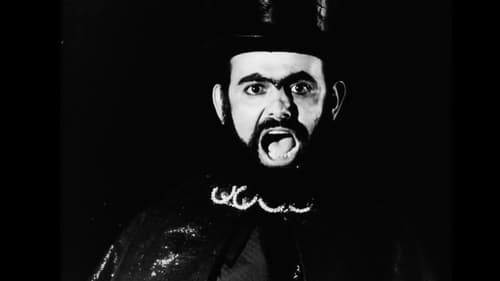
Psychiatrist experiments LSD on 4 volunteers, to investigate Coffin Joe's influence over them. Each patient presents a different reaction, involving sex, perversion and sadism.

A beautiful young woman living in an isolated fishing community on an island falls in love with an outsider, a train machinist. But her father, a violent religious fanatic interferes.

Film in four segments: "Colagem", "Balanço", "Bandeira Zero" and "Sexta-Feira da Paixão, Sábado de Aleluia", having in common a strongly allegorical and gross protest tone in the approach of its subjects.

Born and raised in the misery of Brazilian slums, Jorge becomes a luxury house burglar in São Paulo and gets nicknamed "The Red Light Bandit" by the sensationalist press. In addition to wearing a red flashlight, he talks to his hostages in an irreverent tone and makes bold breakthroughs to later spend the money extravagantly. His world is the decadent neighbourhood of Boca do Lixo.

Set in an imaginary world where gender stereotypes are inverted, that is, women occupy positions of power while men are raised to be socially submissive. Emerging issues are addressed, not just machismo, but racism, classism and corruption, rooted in the patriarchal culture of Brazil and the world.

Nina
Raul, a playboy, marries Sheila and hire Nina, a photographer, to take erotic snapshots of his wife. Nina acquires an interest on Sheila, and through a maid, investigates the couple's intimate life.





















